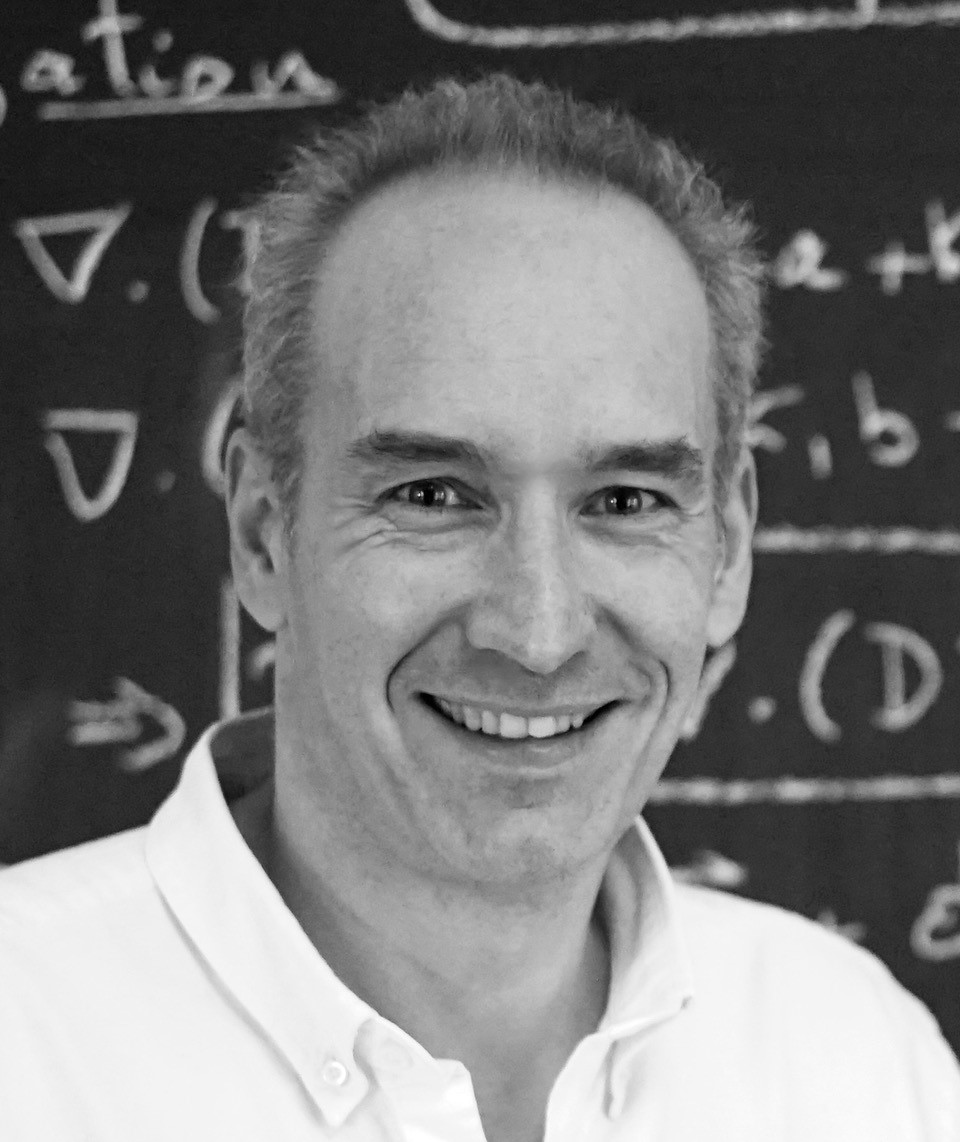Multiscale modeling of dementia: from proteins to cognitive functions

Keywords
Speaker:
Alain Goriely
Affiliation:
University of Oxford
When:
Thursday 26th October 2023
Time:
14:00:00
Where:
Aula Consiglio VII piano - Dipartimento di Matematica
Abstract:
Neurodegenerative diseases such as Alzheimer’s or Parkinson’s are devastating conditions with poorly understood mechanisms and no known cure. Yet a striking feature of these conditions is the characteristic pattern of invasion throughout the brain, leading to well-codified disease stages visible to neuropathology and associated with various cognitive deficits and pathologies. This evolution is associated with the aggregation of key toxic proteins. In this talk, I will show how we use multiscale modelling to gain insight into this process and, doing so, gain some understanding on how the brain works. In particular, by looking at protein dynamics on the neuronal network, we can unravel some of the universal features associated with dementia that are driven by both the network topology and protein kinetics. By further coupling this approach with functional models of the brain, we will show that we can explain important aspects of cognitive loss during disease development.
Contatto: paola.antonietti@polimi.it
Note:
Alain Goriely is a mathematician and scientist with a broad range of interests in mathematical methods, mechanics, sciences, and engineering. He is particularly renowned for his contributions to the field of solid mechanics, both fundamental and applied, and for developing a mathematical theory of biological growth, which he explores in detail in his monograph "The Mathematics of Mechanics in Biological Growth".
Goriely earned his PhD from the University of Brussels in 1994, where he later became a lecturer. In 1996, he joined the University of Arizona and established a research group within the highly regarded Program of Applied Mathematics. In 2010, he took up a position at the University of Oxford as the inaugural Statutory Professor of Mathematical Modelling and Fellow of St. Catherine's College. He currently serves as the Director of the Oxford Centre for Industrial and Applied Mathematics.
In addition to his academic work, Goriely is also active in scientific outreach, sharing his insights and findings on a variety of topics related to his research, including tendril perversion in plants, twining plants, umbilical cord knotting, whip cracking, the shape of seashells, and brain modelling. For his contributions to mathematics and sciences, Goriely was elected as a Fellow of the Royal Society in 2022.
